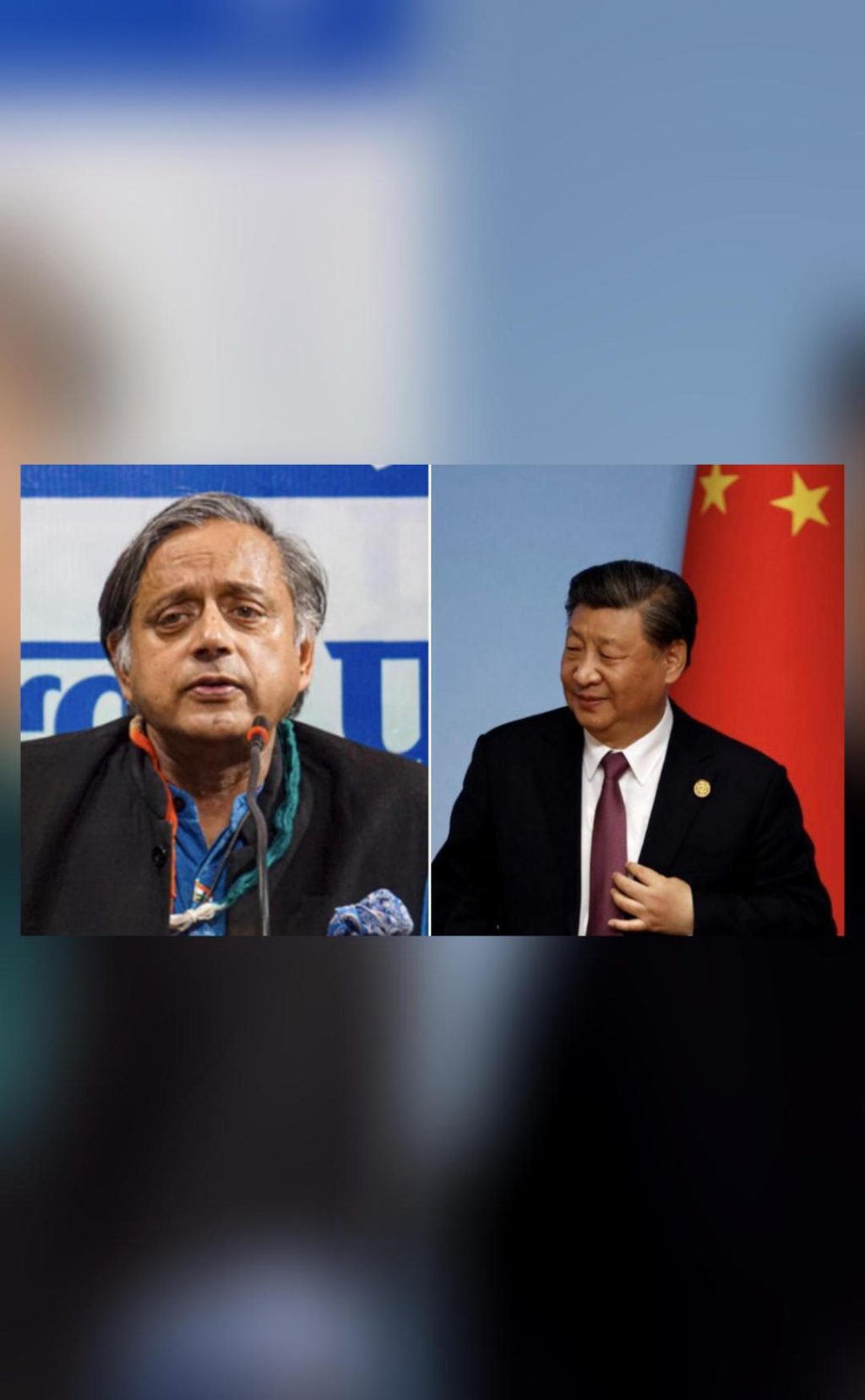
China Didn’t Take Much of a Pro-Pak Stand, It Needs India: Tharoor
The recent tensions between India and Pakistan following the Pahalgam terror attack have sparked a heated debate in the political circles. Congress leader Shashi Tharoor has weighed in on the situation, stating that China didn’t take a strong pro-Pakistan stand despite the prevailing tensions. Instead, Tharoor believes that China needs India more than ever before.
Tharoor’s statement comes as a surprise, given China’s long-standing diplomatic ties with Pakistan. However, the Congress leader’s assertion is rooted in the current global economic landscape. In an interview, Tharoor explained that the Indian market is crucial to Beijing in today’s world of high tariffs, fueled by the Trump administration’s protectionist policies.
“China needs India in a way that it never needed before,” Tharoor emphasized. His statement highlights the changing dynamics of the global economy, where trade wars and tariffs have become the new norm. The Indian economy, with its massive consumer base and growing purchasing power, has become an attractive market for foreign investors, including China.
Tharoor’s comments also shed light on the complex relationship between India and China. Historically, the two nations have had a tumultuous relationship, with differences over issues like border disputes, trade, and security. However, in recent years, there have been efforts to improve bilateral ties, with a focus on trade and economic cooperation.
The Indian government’s initiative to boost trade with China is a case in point. The country has been actively seeking to increase its imports from China, particularly in the areas of electronics and manufacturing. This has led to increased economic cooperation between the two nations, with China emerging as one of India’s largest trading partners.
Tharoor’s statement about China’s need for India is not without merit. The Chinese economy, while still growing rapidly, is facing challenges such as a slowing down of its manufacturing sector and a significant trade deficit with the United States. The Indian market, with its growing middle class and increasing demand for consumer goods, has become an attractive destination for Chinese companies looking to expand their global footprint.
Furthermore, China’s Belt and Road Initiative (BRI), a massive infrastructure project aimed at connecting Asia, Europe, and Africa, has been facing criticism for its lack of transparency and environmental concerns. India, which has been hesitant to join the BRI, has been seeking alternative infrastructure development initiatives, such as the Asia-Africa Growth Corridor (AAGC) and the International North-South Transport Corridor (INSTC).
Tharoor’s comments have also been seen as a strategic move to counterbalance China’s influence in the region. India has been strengthening its ties with other nations, including the United States, Japan, and Australia, to counterbalance China’s growing military and economic clout.
In conclusion, Tharoor’s statement that China didn’t take a strong pro-Pakistan stand and needs India more than ever before highlights the complex and evolving dynamics of the global economy. As the world becomes increasingly interconnected, nations are forced to adapt to changing circumstances and reassess their priorities.
For India, this means strengthening its economic ties with other nations, including China, while also maintaining its strategic interests. Tharoor’s statement serves as a reminder of the importance of economic cooperation in the face of global uncertainty and the need for nations to work together to address common challenges.






